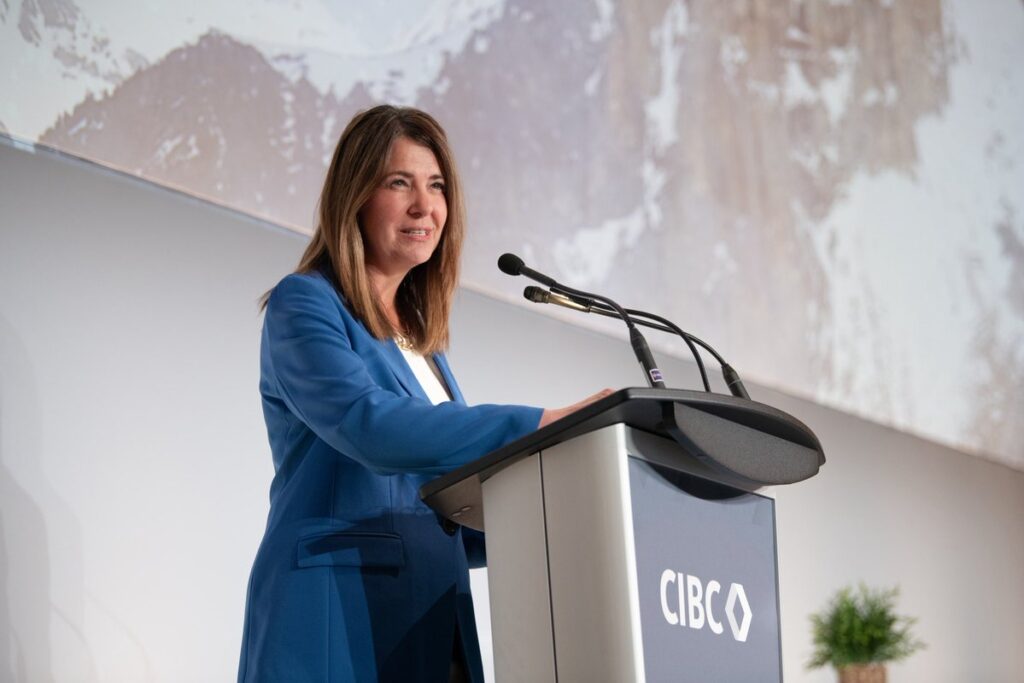The excellent UK Institute for Public Policy Research (not to be confused with the right-wingy National Center for Public Policy Research) has released a research paper on climate change communication entitled, Warm Words: How are we telling the climate change story and can we tell it better?
The paper, at 28 pages not counting notes, is a little dense, a little academic – a little full of consultantspeak. But the content is impressive. The IPPR analysis of the climate change conversation in Britain seems intelligent and the authors (linguist Gill Ereaut and writer Nat Segnit) make observations that appear broadly applicable.
In brief, the paper breaks climate change communication into three main types:
1. Alarmism
2. Settlerdom and British comic nihilism; and
3. Small Actions
None of these three modes of communication are effective at inspiring action. The alarmists tend to paralyse their audience by presenting climate change as “awesome, terrible, immense and beyond human control.” This sensationalized conversation can even become “secretly thrilling,” the authors say.
In academese: “The cinematic language and sublime or apocalyptic provenance of the alarmist repertoire constructs a reader who is at once terrified and entertained, but effectively distanced from the problem of climate change.”
In English: Climate porn is entertaining, but not engaging.
“Settlerdom” speaks to that group who have “sustenance-driven needs associated with the home” – which we assume means people who would rather watch the telly and eat chips than face up to a global climate threat. Actually, the authors say settlers “tend to look backwards to yesterday, which was better, and tend to dislike anything new or different as they feel this threatens their identity, belonging, security and safety.”
Accordingly, settlers are particularly open to messages that suggest they can ignore climate change – that it isn’t real; isn’t proven; isn’t our fault; and couldn’t be stopped even if we tried.
Among the communication styles used to appeal to this group, you have British comic nihilism (“Oh, bugger it and open another bottle”); rehtorical scepticism (“it’s bad science, over-hyped”); free-market protection; expert denial; warming is good; and techno-optimism (even if it’s true “technology will find the answer”).
In fairness, all of these modes of communication have proven effective – at inspiring inaction.
The third communications group (the authors call them “repertoires”) is “small actions” – “typified by headlines like ’20 things you can do to save the plane from destruction.’”
The problem with this “repertoire” is that “it easily lapses into ‘wallpaper’ – the domestic, the routine, the boring and the too-easily ignorable.” It is also entirely out of step with the scale of the problem. When, on one hand, you have people shouting that climate change is huge and terrifying, it’s hard to take seriously people who say that it can be fixed by switching to compact fluorescent lightbulbs and driving a smaller car.
The IPPR analysts step up to the challenge with this daunting sentence: “Opposing the enormous forces of climate change requires an effort that is superhuman or heroic.” But most people think of themselves as “ordinary mortals” who “either do nothing or do bad things.”
So, we must create a climate conversation that empowers the “ordinary hero” – which “myth is potentially powerful because it feels rooted in British culture – from the Dunkirk spirit to Live Aid.”
Well, Live Aid is a stretch and the battles of WWII are a bit distant for most memories, but there is no question that ordinary mortals, working together, have achieved superhuman goals in the past and can do so again. The very notion speaks to the “can-do” mentality that drives American culture.
As for Canadians, IPPR suggests “targetting groups bound by shared values and behaviours.” This also seems positive; James Hoggan & Associates just completed a huge round of sustainability research, which discovered that an overwhelming number of Canadians share in the values (if not the behaviors) of a world where we don’t wreck the planet today in disregard for the Canadians of tomorrow.
The IPPR authors conclude that the climate change story can, indeed, be told better, which they say “amounts to treating climate-friendly everyday activity as a brand that can be sold.”
“This is not necessarily a familiar or comfortable proposition for those engaged in campaigning or public sector work, but it is, we believe, the route to mass behaviour change.”
The bottom line, at least as far as my reading is concerned, is that the only communicators who are really succeeding these days are those who want to stand in the way of simple, affordable and intelligent behavior change. The rest of us need to have more faith in our audience, and more faith in our message.
It’s hard to argue this without sounding, again, apocalyptic, but as a brand, “human survival” should sell pretty well. We just have to figure out how to draft the ordinary heroes that are our friends and neighbours – and to insist that our governments turn off the telly, put down the chips and get on with the task of addressing climate change.
Subscribe to our newsletter
Stay up to date with DeSmog news and alerts





